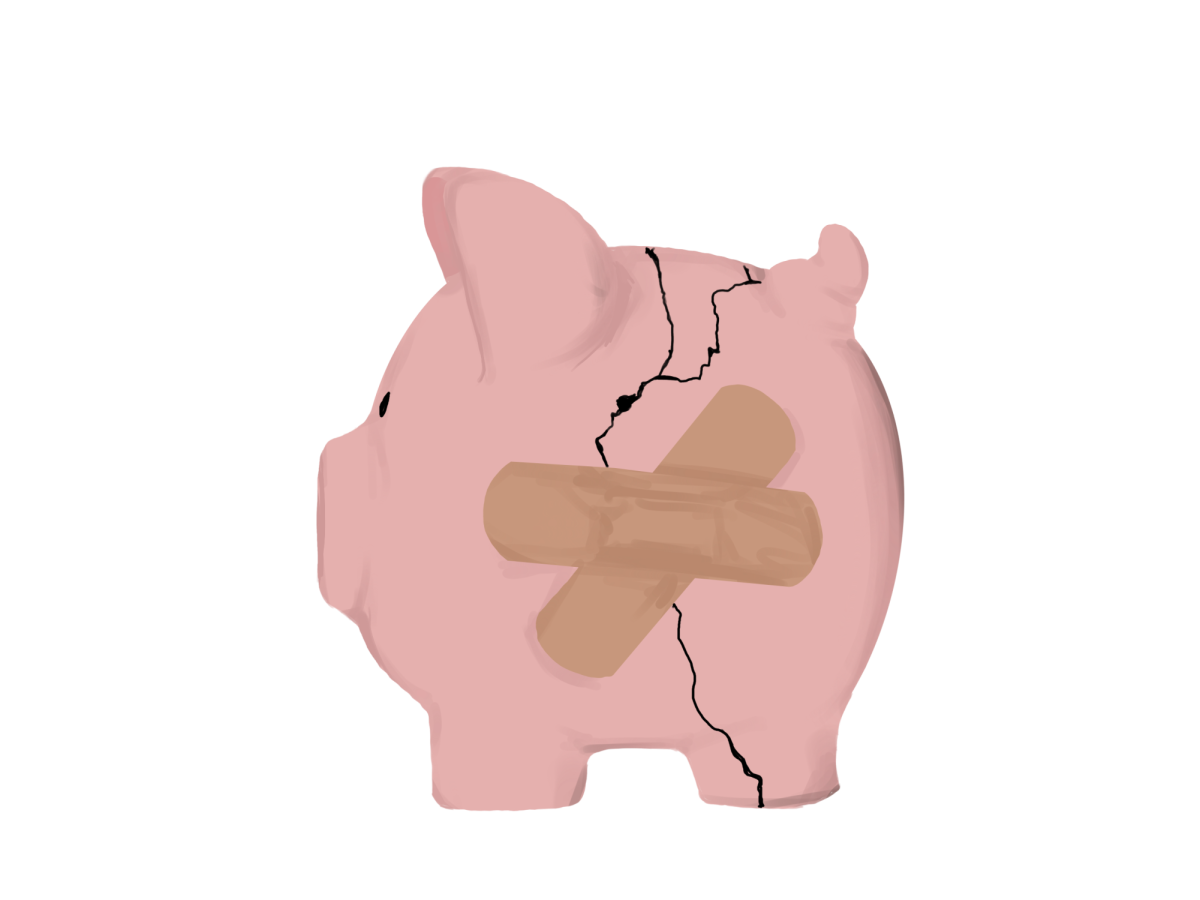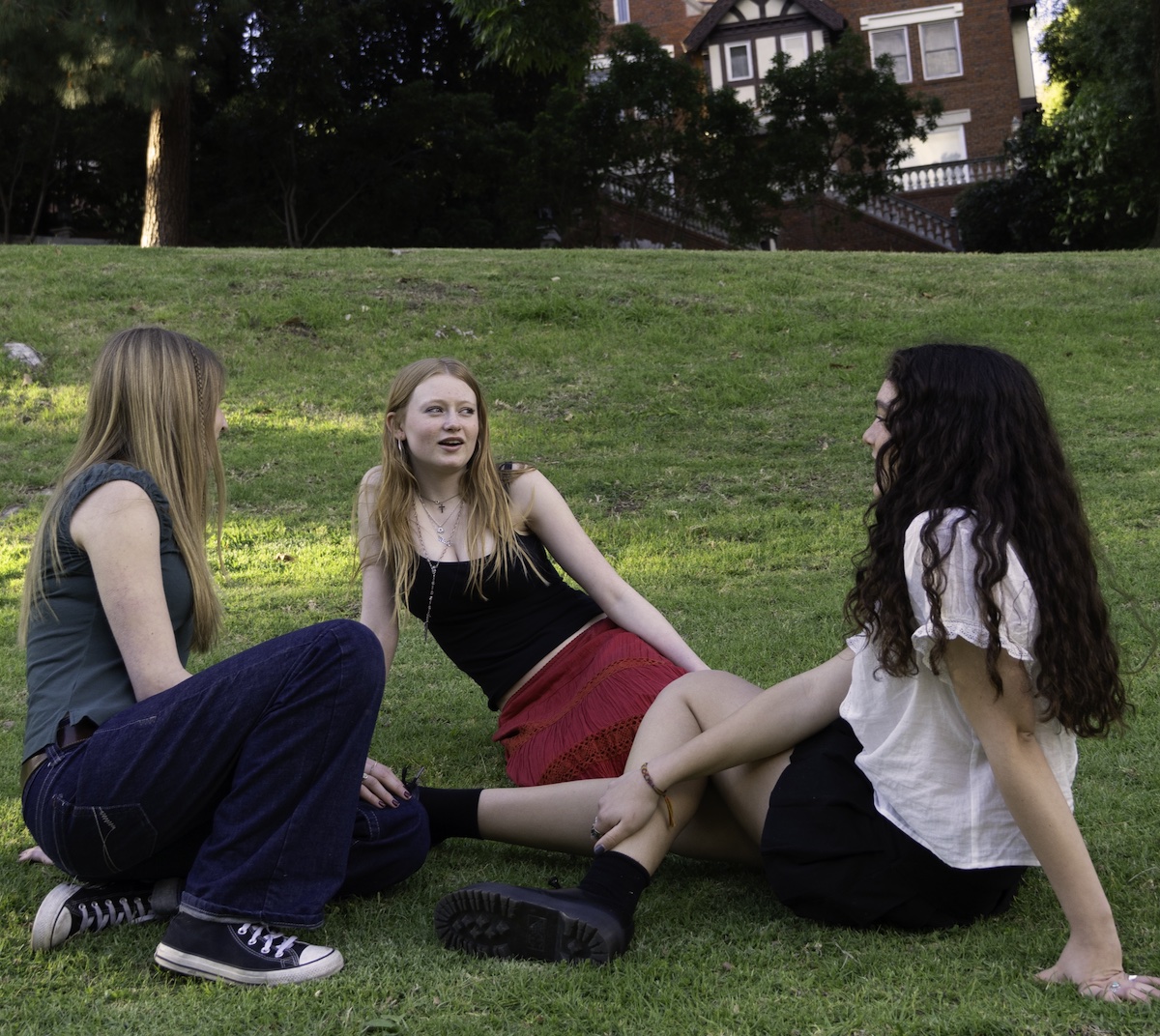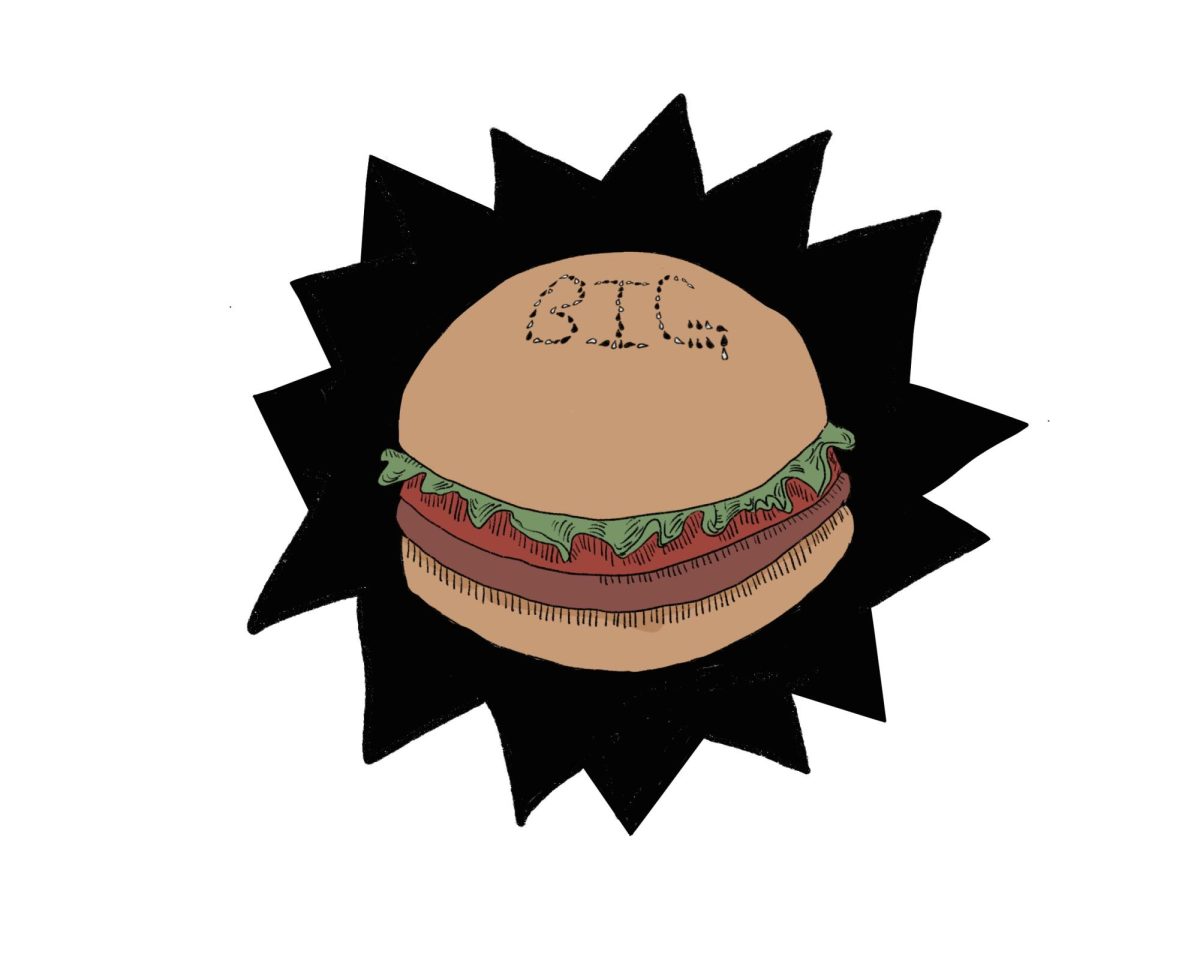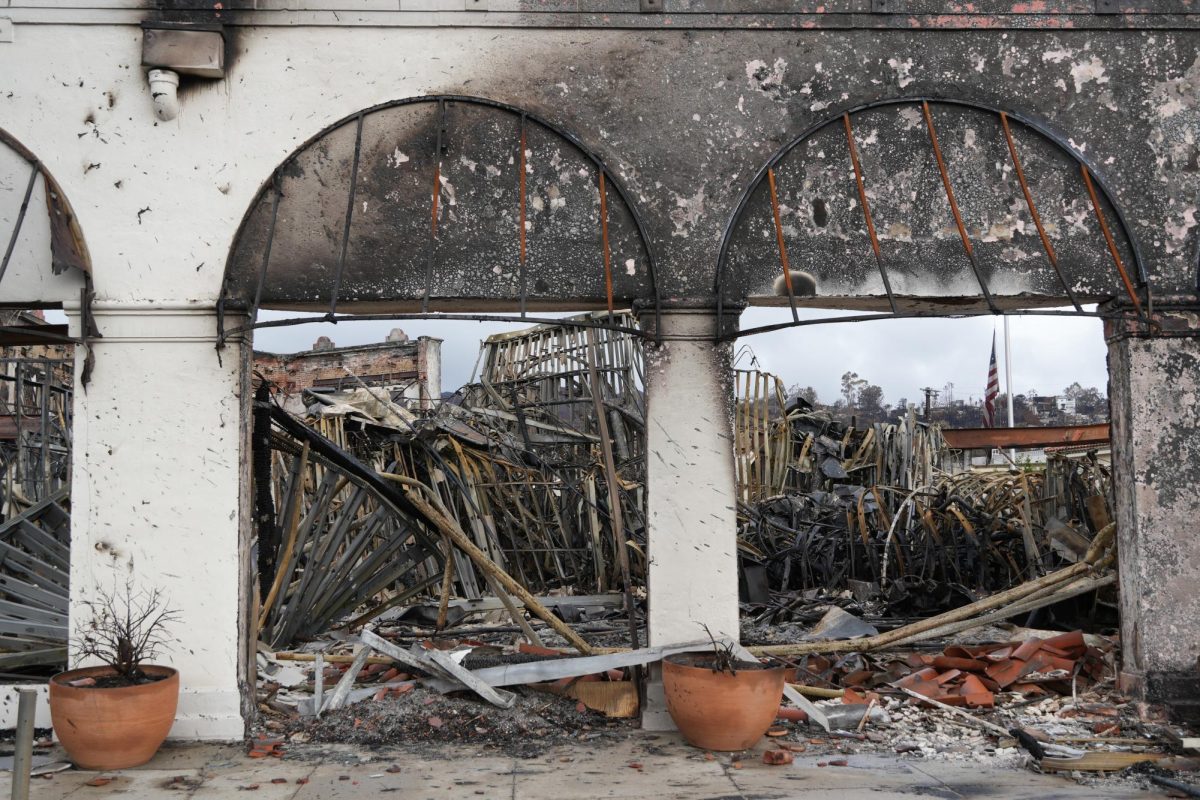
Elijah Pathfinder was homeless for 20-30 years before securing housing the Section 8 program, which authorizes the payment of rental housing assistance to private landlords. It is a federal assistance intended for very low-income families, the disabled and the elderly. Under the program, a family receives a voucher from the government for 70 percent of the monthly rent. Before moving to Los Angeles, Pathfinder lived in San Diego.
On homelessness in LA
vs. other cities
It has better programs for the homeless, and it is more liberal. They just have many more programs. They’re doing more. I decided to come up to LA because I figured I could get on Section 8 and off the streets quicker. I was right. Coming up to LA was the best move for me from San Diego. I was homeless for 20-30 years, so making a move up here and becoming a resident of Los Angeles was the best move. I think that all cities should pattern themselves off of Los Angeles like a model. If they wanted a model, they should use LA. I think that LA is more humane.
On helpful programs
PATH (People Assisting the Homeless) was one of those organizations that helps homeless people. And having a good counselor that looked out for me and told me how to apply really helped. They consider your needs at PATH. They had everything there. They had showers and haircuts. It was centralized. They made it easy for homeless people.
On healthcare
I got a lot of help physically. I got gout, knee pain, back pain. I can’t sit or stand for too long. I have this bucket. I got a lot of physical issues too. Just bad health in general.
Healthcare that the state provides doesn’t do anything. If I need some medicine and it costs a lot of money, social services won’t pay for it. They won’t save my teeth. All of my teeth are messed up, but they won’t fix it. They’ll pull them, but they won’t help me save them.
On mental health
I just recently found out what mental depression was, and that’s when I went down to a psych center and got a diagnosis about being bipolar. It probably has a lot to do with me and the way I am now. When I first learned about it, I sought help. I didn’t really know what it was until Al Gore was running for president and his wife said that if they became president, she was going to make mental depression a subject because a lot of Americans have [it] and don’t know it. Even Americans with jobs have it and don’t know. They started showing all the phases of it and when I saw the part where I fit in, that’s when I noticed that that’s why I do what I do. Education is key and a lot of people don’t even know.
On finding shelter
If it is raining real hard, you just try to find shelter the best you can. Sometimes you might have to walk a couple of miles until you find a good spot. Then you can jump onto public transportation and just ride it out. I used to do that. I jumped on the train and rode back and forth all day. There are all kinds of ways to pass the time.
A lot of homeless people don’t really like shelters because of the many rules. A lot of them want to just be on the street because they don’t want to have to abide by all of the rules that comes with a lot of shelters. I stayed at one for a while and then when I came up here, I got into PATH homeless shelter. Then I hooked up with Gateway for my mental depression and then they hooked me up with a program and got me on social disabilities.
On safety
One time I got attacked while I was sleeping down in San Diego. Some nights you get harassed by some people when you are sleeping on the streets. Being homeless, you are subject to all kinds of extreme weather and extreme people.
I think women need more help. They are subject to rape and all the other extreme elements.
On law enforcement
The police just say get up and go, and if you don’t go they take you to jail basically. Or they just write you a ticket, and then the ticket becomes a warrant. Then you go to jail. San Diego did that a lot. They were very anti-homeless. They either arrest you or write you a ticket that becomes a warrant.
On stereotypes and stigmas
People are going to have their own judgment calls. You just can’t give everyone the same ideal about anything. I think LA’s doing a good job, and it seems like a lot of people support that kind of concept; it’s working. Those who don’t, that is their right, too, but at the same time, LA’s doing alright.
On the increasing numbers of homeless individuals in LA
You’re always going to have homeless people. It’s getting better, but at the same time, you are always going to have homeless. For whatever reasons, mental depression or drugs, there are always going to be homeless. But the programs allow for the people who get tired of being homeless to have the opportunity to find shelter.






